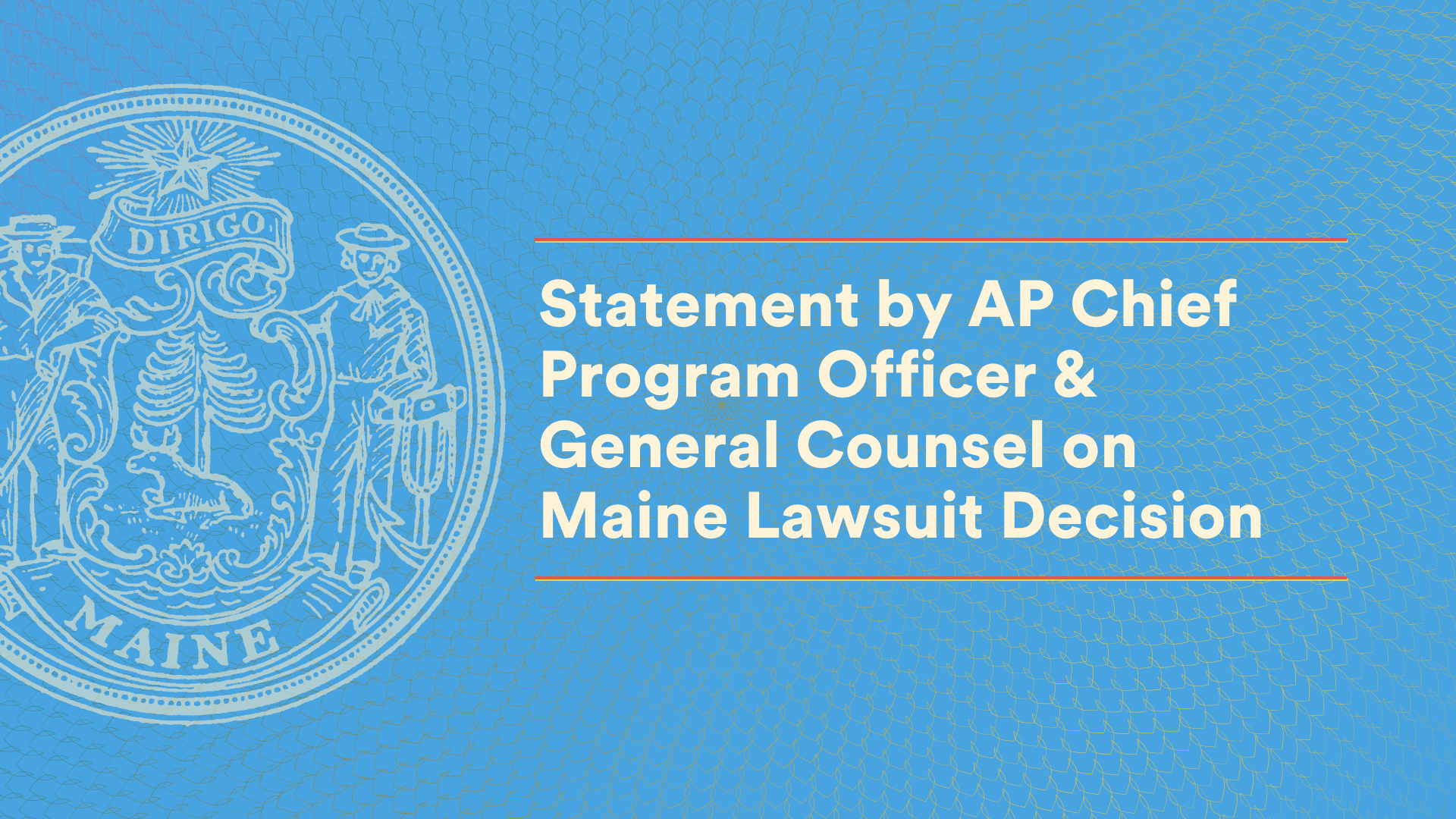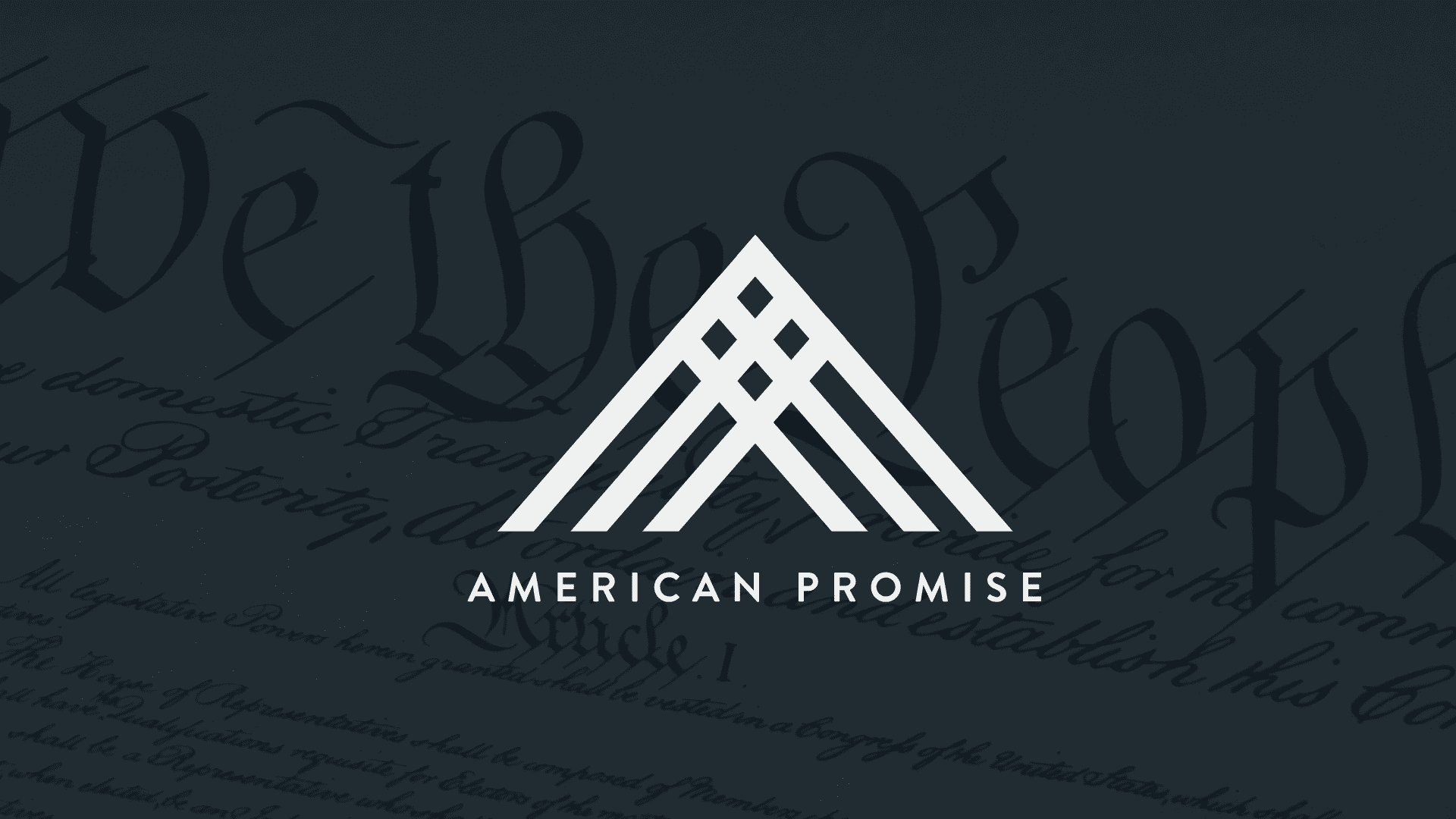Over the past five decades, the judiciary has created a campaign finance system that would strike most Americans as absurd. Yesterday’s ruling by the federal district court in Maine is an example of that — disappointing but not altogether surprising. Decisions by the Supreme Court have emboldened (a) foreign entities to claim that they have a right (b) under our Constitution (c) to spend unlimited amounts of money (d) to influence American elections.
The district court’s decision is not the end of the story. The American people are waking up to the fact that money-in-politics is a problem that requires an enduring solution — amending the U.S. Constitution to make it clear that we have the power to set guardrails on money in our political system. That’s why 22 states have already called upon Congress to propose such an amendment, and that’s why 86% of voters in Maine doubled down just last November when they charged the state’s Ethics Commission with reporting on Maine’s congressional delegation’s support of the amendment.
This particular litigation will continue to work its way through the judicial process, hopefully reaching a better conclusion down the road. But no matter how this case ultimately turns out, the need for a constitutional amendment will remain. Whether foreign entities should be able to spend money in state elections is a policy question that should be left to the people and their legislators. It is not a question that should be decided through nationwide mandates from an unelected Supreme Court, nor through legal challenges like this from foreign-owned corporations.
Now more than ever, we need a constitutional amendment that protects republican self-government by making it clear that we still have the power to protect our elections from outside influences that aren’t even part of the American political community.




